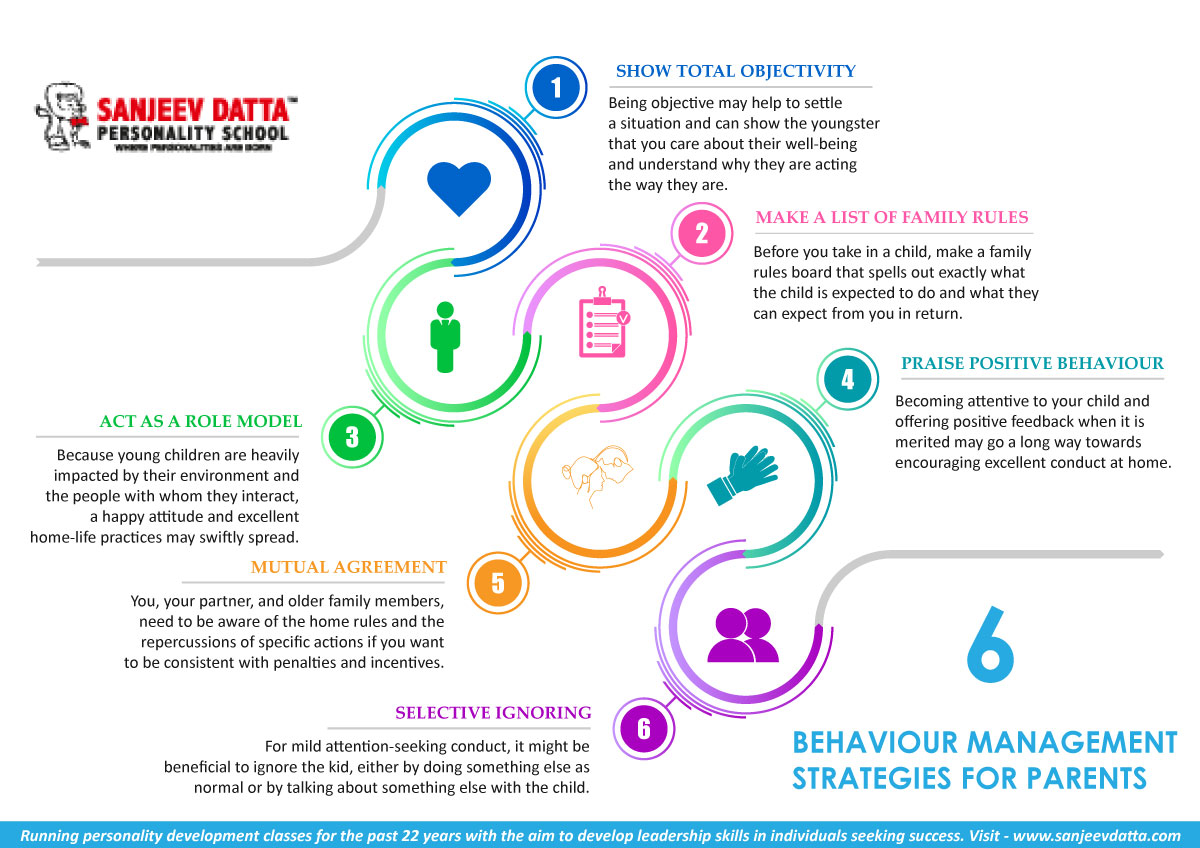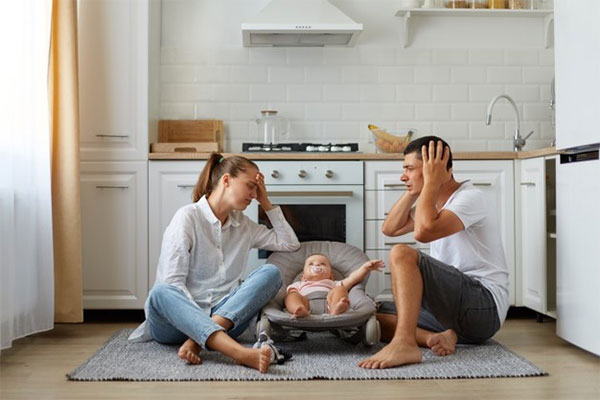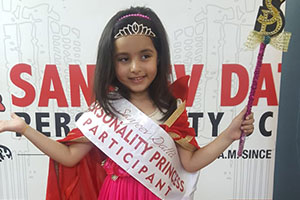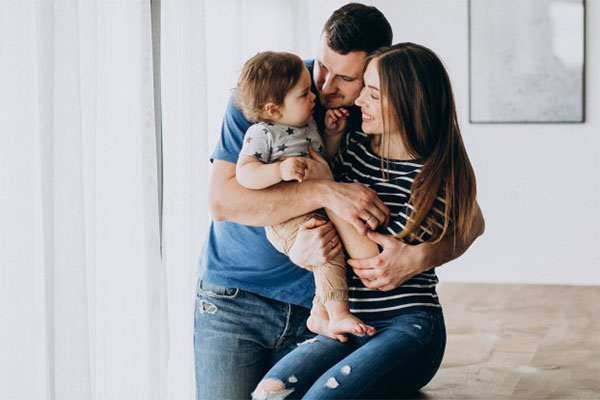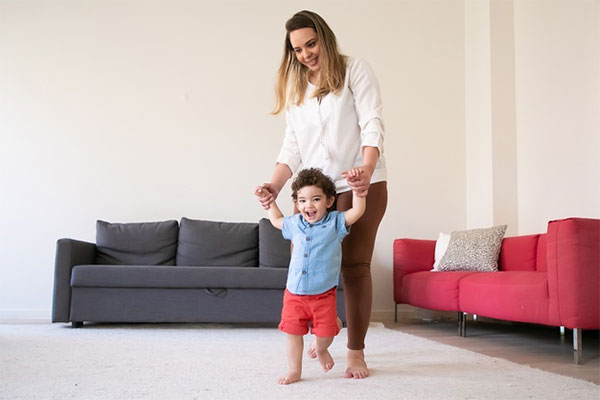According to a study conducted by Danny Pine, a child and adolescent psychiatrist at the National Institute of Mental Health, one in five children by the time they reach adolescence will suffer from mental anxiety and stress. Though Pine further states, that these feelings are only transitory and they won’t last but without seeking proper they might become a cause of worry. Anxiety this day is one of the most common issues in almost every age group because of a plethora of factors. Thus, it becomes vital for parents to know how to parent an anxious toddler.
Stepwise Step:
Anxiety is one of the most and also one of the most overlooked issues of our time. Though at early stages this might not be harmful, causing only mild discomfort, if not taken care of and with proper measures, this can turn into something as dangerous as panic attacks or even depression. Thus, it becomes vital for parents to look after their children from the very start, for helping their toddlers at an early stage.
Here are a few takeaways that can be acknowledged on how to parent an anxious toddler:
- Looking Out For Red Flags:
One of the vital things to understand about anxiety is that it involves a certain level of perception of danger or future danger. An anxious toddler is more often than not looking for some sort of future threat that ends up exhausting them. There are a lot of worries that exist at a certain age of life. For instance, toddlers are afraid of meeting strangers and to a certain level, this is fine or even needed. But a red flag starts waving when this fear gets amplified. Experts say that it is alright if the fear or worry lasts for at most a week but you or an expert needs intervention if it lasts for more than a month. Another red flag that is vital to note is that when parents need to force children to do a certain task when otherwise they would have done it on their own.
Visit: parenting mistakes to avoid
- Look out for Physical Signs of Anxiety:
Your mental being is complicatedly interlinked with your physical being, if anything goes wrong in either of them, it will also affect the other one equally and also show some signs. Following this, anxiety also has many physical symptoms. These signs and symptoms might not be visible or recognizable to the toddlers but when closely looked parents, caregivers and teachers can identify with them. Most of these are behavioral changes with something they would otherwise do normally without causing any issue. Others might be directly linked with their health. Many toddlers who suffer from anxiety have a feeling of nausea, stomachache, body ache and in some cases, they even get sick or extremely sick. In some cases, they might also face panic attacks.
Visit: how to keep child busy
- Start with Validating:
A research indicates that many parents who have anxious struggles with knowing how to react or what to do when the children are in a state of panic or how to even generally help them. To get started with it, experts suggest, parents or caregivers need to see to accept their fears and worries no matter how irrational they might seem. It is not at all, in any case, a good idea to overlook these things or shrug them off. It gives your child an impression of being overlooked which will only exacerbate the condition. It is very crucial that children feel heard and respected.
Visit: benefits of drama and play in education
- Before anything Relax:
You cannot help an anxious toddler in a fit or anxiety until and unless you know how to help them to calm down. This is important as during the moment the child can hear you or pay heed to anything you say, merely because he cannot. Therefore, to reach them begin with cooling them. And how to do so? One of the best and well-known ways is – belly breathing. For this, you can also opt for the best personality development school.
- Standing Up Against The Fear:
This is where the actual help begins. Caregivers and parents must validate the fears and worries of a child, but this doesn’t mean that they should give in to either of these. Many people, because of their natural instinct, believe that it is vital not to push your child into fears and rather protect it from them. But years of research and studies have indicated that it is a good idea to actually face the fears rather than running away from them. Because the more you try to avoid things the more you imply that there is a potential danger in doing that. And this is something you might not want to do to your child. Hence, hold the hands of your toddler and stand up against the fear. Work towards it and if needed look for an expert.
Visit: mental health of children
Now that you know some of the ways as to how to parent an anxious toddler you might want to consider working towards it. Make sure that you always look out for the toddler and help them whenever they need it. Try to create a more communicative and healthy environment to make them belong and be at ease.
Through our courses for personality development for kids, we develop:
- Development in participation and performance level.
- Kids become super confident, expressive and interactive.
- Enhancement in imagination, observation, concentration, focus and face expressions.
- Boost in positive body language and rhythm.
- Regular skills competition exposure.
- Improved voice & speech, communication skills, English dialect, pitch and throw.
Read more on our specialized course for personality development for kids now!



